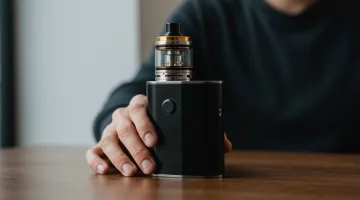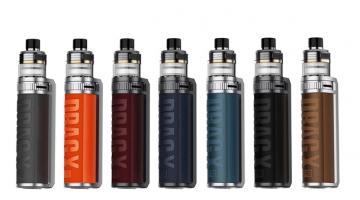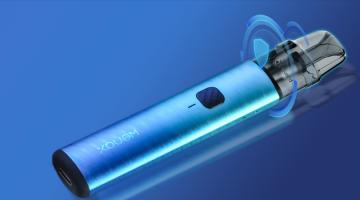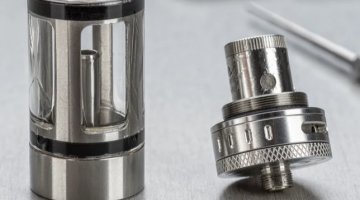Understanding the Difference Between CBD and THC
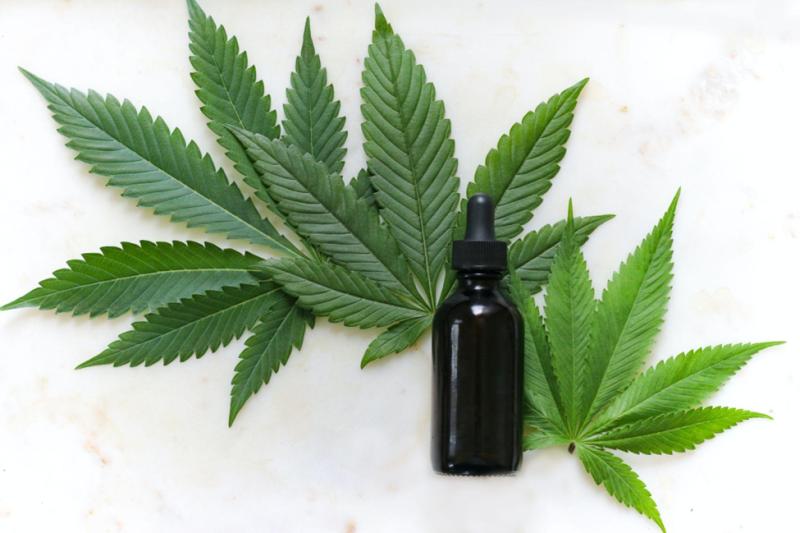
Photo by Kimzy Nanney on Unsplash
CBD and THC are the two most notable cannabinoids originating from the cannabis plant. Both hemp and cannabis are sources of CBD and THC. However, while cannabis is richer in THC, hemp contains a higher concentration of CBD.
Even though CBD and THC share the same chemical formula, their atomic arrangement differs. This distinction causes the body to interpret them as separate compounds. These compounds interact with the neurotransmitters in the brain, influencing factors such as mood, pain perception, sleep patterns, and memory.
Legality
Currently, many North American states have sanctioned at least minimal use of medical cannabis. The definition and regulation of legal usage, prescription, or sale of cannabis differ from state to state. However, there's no federal law endorsing the legal use of medical cannabis. Hence it remains illegal in any state lacking a specific law for its use.
Several states have also approved recreational use of cannabis, but similar to medical cannabis, it's not federally legal. Before procuring medical cannabis, individuals are advised to investigate their state's laws thoroughly. If the state doesn't explicitly permit its use, they could potentially face legal consequences for obtaining or using cannabis for medical or other purposes.
The legislation surrounding the use of both medical and recreational cannabis is evolving briskly. Therefore, those contemplating using CBD or THC should stay updated with their local laws as they may be subject to change.
Psychoactive Components
While both CBD and THC possess psychoactive characteristics, CBD does not elicit the typical high sensation often linked with THC. THC predominantly attaches to the cannabinoid (CB1) receptors in the brain, inducing a sense of euphoria. This could make you feel as if you're soaring while listening to music or appreciating fine details in mundane things like a water droplet.
Conversely, CBD doesn't strongly bind with CB1 receptors. It requires some assistance from THC to adhere to these receptors. When used together, THC can temper some of the potential psychoactive effects of THCA flower, such as euphoria, anxiety, or sedation.
Chemical Structure
CBD and THC possess an identical chemical formula. They comprise 30 hydrogen, two oxygen, and 21 carbon atoms. However, the unique arrangement of these atoms leads to different chemical properties for each. Consequently, CBD and THC interact with your body in distinct ways. Both CBD and THC engage with brain receptors that trigger the release of neurotransmitters. This interaction influences various physiological responses such as:
- Sleep cycles
- Memory functions
- Pain sensation
- Mood fluctuations
Side Effects
The side effects of THC and CBD can differ greatly. The use of THC often results in symptoms such as:
- Dry mouth
- Feelings of being high may include disorientation, paranoia, and dizziness
More severe responses could involve panic attacks and even psychosis. If taken in large amounts, it might necessitate hospitalization. In contrast, CBD is considered to have no potential for misuse and even large amounts will not result in hospitalization. The most frequent result of a high dosage is feeling sleepy, which could cause liver problems over a prolonged period, though more studies are needed to establish this link. Unfavorable digestive effects related to CBD usually come from other elements in the CBD product, like coconut oil.
Sources
CBD can be extracted from both hemp and marijuana, but it's frequently sourced from hemp to minimize the inclusion of significant amounts of THC. THC is predominantly obtained from marijuana.
If CBD is extracted from marijuana, there's a chance it might contain higher levels of THC, which isn't preferable for individuals aiming to steer clear of THC. For instance, certain CBD items manufactured from cannabis might have more THC than what's indicated on their labels.
Endnote
CBD and THC originate from the identical source - the cannabis plant, yet they possess unique characteristics that differentiate them. THC is linked with the euphoric or psychoactive experience, whereas CBD is renowned for its therapeutic advantages. Consult with your physician prior to using either substance and consider the potential interactions with any existing medications you're taking.
More to Read:
Previous Posts:
